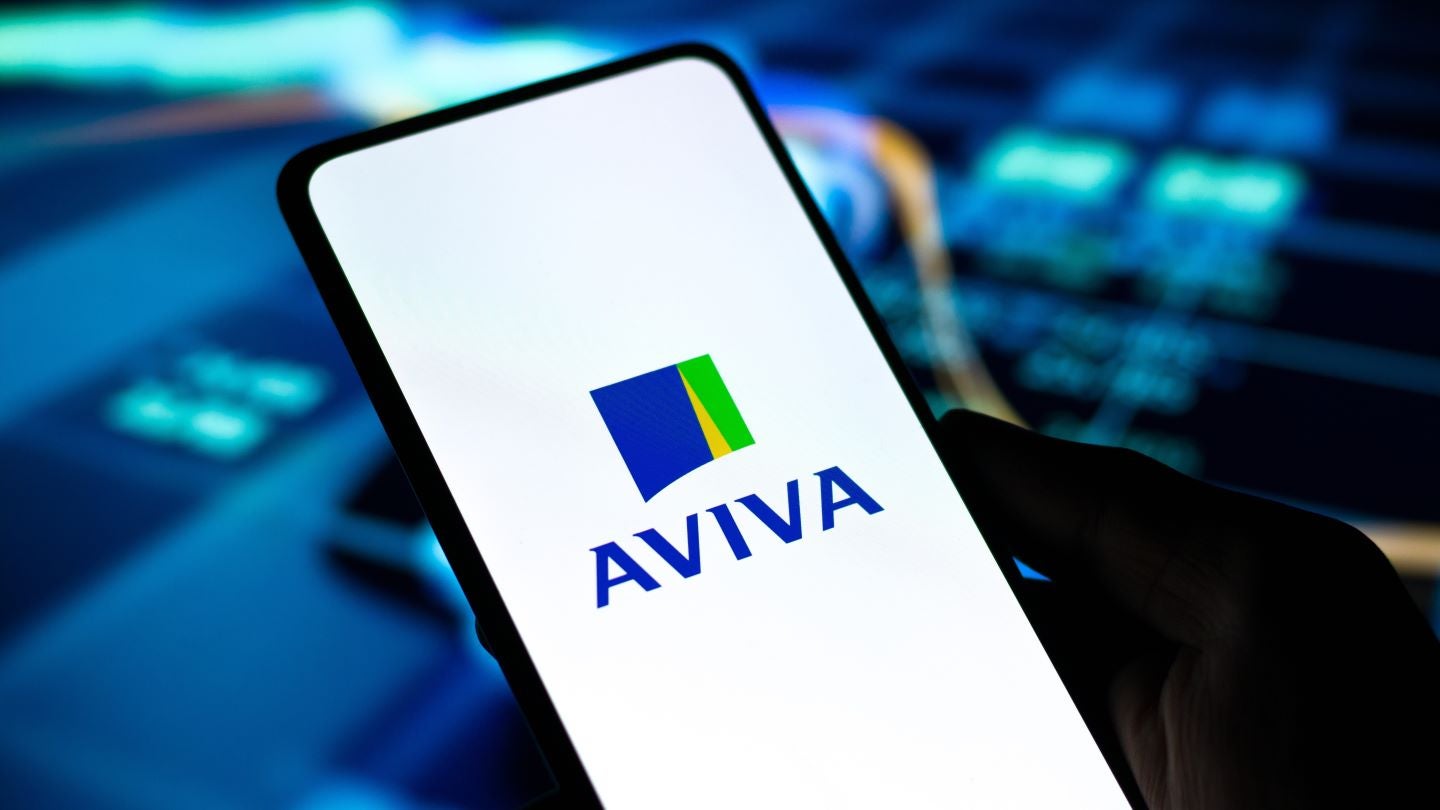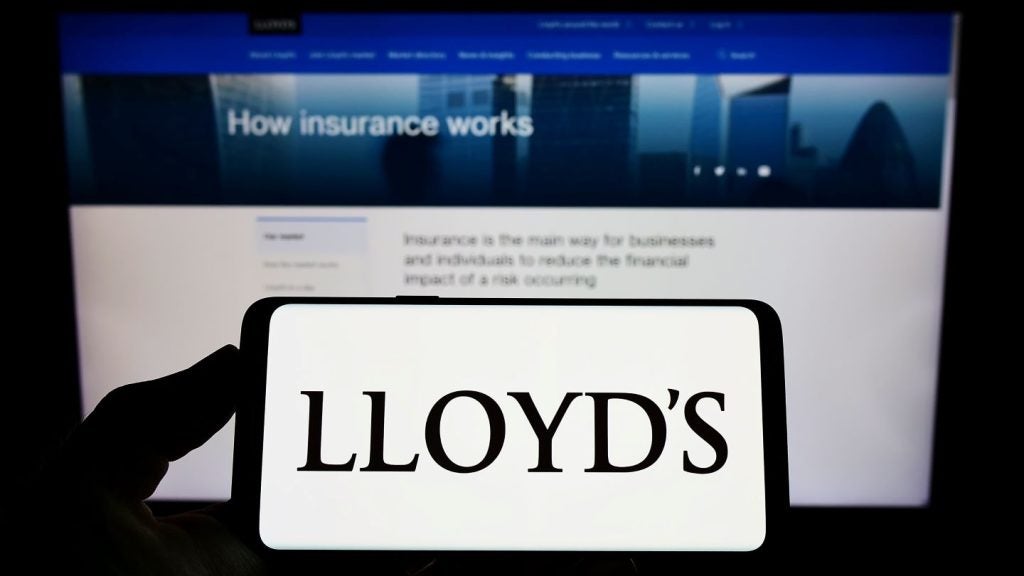
Aviva’s Indian unit has been ordered to pay nearly $7.5m in back taxes and penalties following an investigation by Indian tax authorities, reported Reuters.
This was first reported in August 2024.
The probe revealed the creation of fictitious invoices to pay illegal commissions and incorrect tax credit claims.
According to the authorities, between 2017 and 2023, Aviva India disbursed around $26m to vendors, allegedly for marketing services.
However, these payments were purportedly a facade to provide agents with commissions exceeding regulatory caps.
The clandestine operations led to Aviva India incorrectly claiming tax credits and avoiding taxes amounting to $5.2m.
After assessing Aviva’s defence, Joint Tax Commissioner Aditya Singh Yadav concluded that the company had evaded taxes worth nearly Rs326m.
Consequently, Aviva India has been hit with a 100% penalty, bringing the total liability to Rs653m rupees, as per the order.
“The vendors were just puppets playing their role for Aviva to get them undue benefit of bogus” tax credits, said the order, which has not been made public.
“Vendors were selected as face mask to conceal the game of input tax credit,” it added.
In a statement to Reuters, Aviva India said it “will contest the latest order through an appeal. The order will have no impact on its operations.”
Aviva denied any misconduct before the tax authority, claiming the allegations as “incorrect and unsustainable” and affirming that the vendors had indeed provided legitimate services.
However, the investigation notices from the previous year included evidence such as email screenshots and messages that suggested Aviva executives and insurance distributors discussed circumventing compensation limits through fraudulent invoices and improper tax credit claims.
Furthermore, Aviva was accused of hiring “agent mentors” under the guise of training sales agents, who issued fake invoices to facilitate excess commission payments.
This practice, as reported by Reuters in December, was allegedly an internal business model initiated in 2013 and sanctioned by top India executives.
The UK-based company increased its stake in the Indian unit to 74% in 2022. In the financial year 2023–24, Aviva India reported a profit after tax of $10m.







